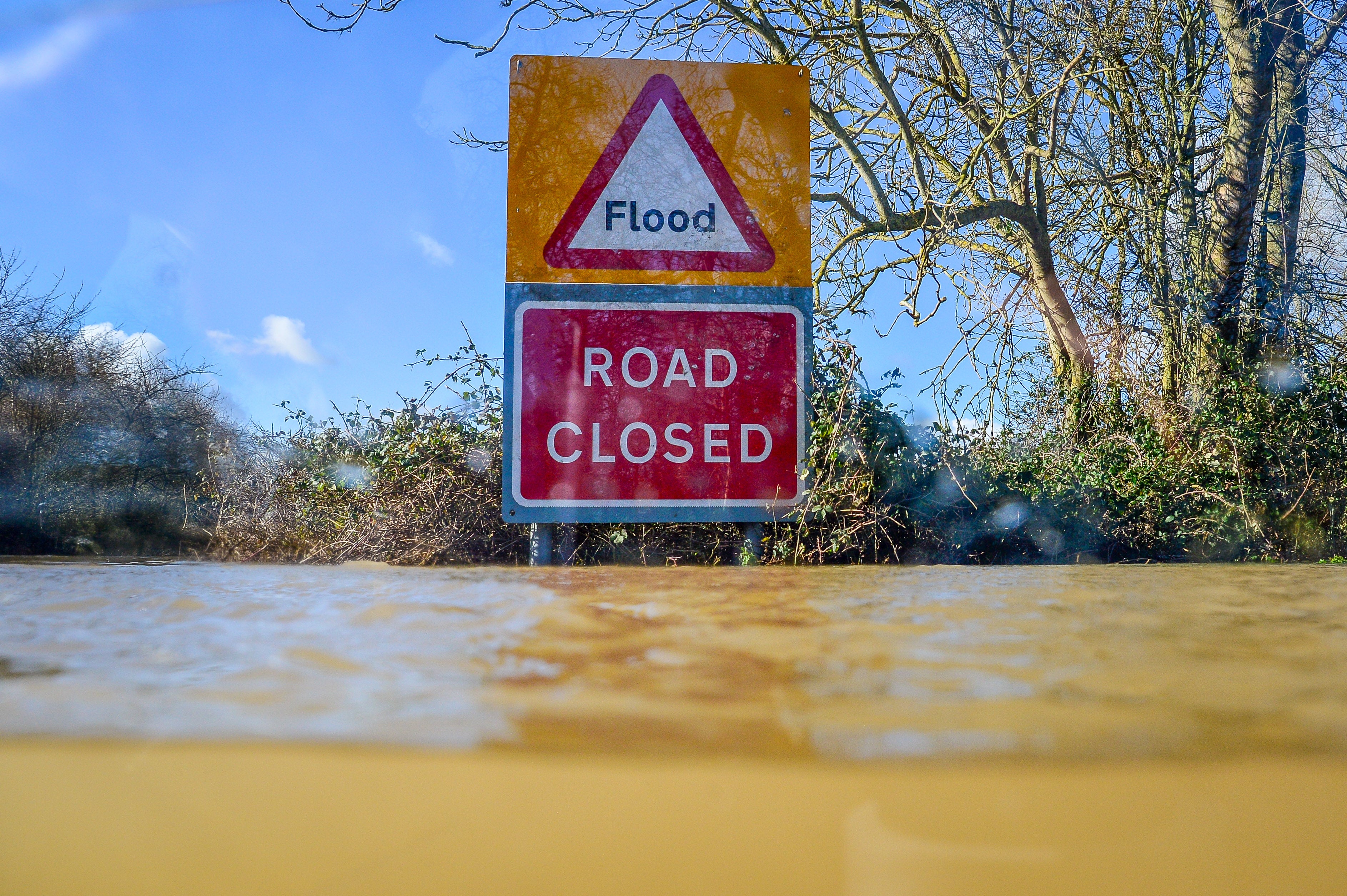Climate change disrupting ‘the language of life’ across all types of ecosystems
Research shows climate change is disrupting essential chemical communication processes between organisms.

Your support helps us to tell the story
From reproductive rights to climate change to Big Tech, The Independent is on the ground when the story is developing. Whether it's investigating the financials of Elon Musk's pro-Trump PAC or producing our latest documentary, 'The A Word', which shines a light on the American women fighting for reproductive rights, we know how important it is to parse out the facts from the messaging.
At such a critical moment in US history, we need reporters on the ground. Your donation allows us to keep sending journalists to speak to both sides of the story.
The Independent is trusted by Americans across the entire political spectrum. And unlike many other quality news outlets, we choose not to lock Americans out of our reporting and analysis with paywalls. We believe quality journalism should be available to everyone, paid for by those who can afford it.
Your support makes all the difference.Climate change is disrupting essential chemical communication processes across all types of the Earth’s ecosystems, according to new research.
The opinion paper published this week is the first time researchers have demonstrated that climate change affects interactions between organisms in different realms in similar patterns.
Chemical communication plays an essential role in ecosystems, enabling organisms to mate and interact with each other; locate predators, food and habitats; and sense their environment.
The opinion paper shows the extent to which alterations in temperature, carbon dioxide and pH levels – that are created as a result of climate change – can affect every step of this fundamental way that organisms communicate with each other.
These chemical communication processes regulate interactions in the Earth’s ecosystems and are essential to our environment.
Dr Christina C Roggatz, Research Fellow in Marine Chemical Ecology at the University of Hull and lead author of the paper, said: “This paper is a wake-up call. We are heavily reliant on the Earth’s ecosystems and the chemical communications that regulate them.
Globally changing climate and water chemistry are causing acidification threats that may disturb chemical information exchange among freshwater and marine organisms
“The predominantly negative effects that climate change has upon the language of life within terrestrial and aquatic ecosystems could have a range of far-reaching implications for the future of our planet and human wellbeing, for example by impacting food security and fundamental ecosystem services that make our planet habitable.”
Published today in the Global Change Biology journal, the paper “Becoming nose-blind – climate change impacts on chemical communication” was co-authored by the University of Hull, Plymouth Marine Laboratory, the Universite de Liege and the Helmholtz Centre for Environmental Research GmbH – UFZ.
It is an overview of existing evidence and insight across marine, freshwater and terrestrial ecosystems.
Dr Patrick Fink, co-author and Research Group Leader at the Helmholtz Centre for Environmental Research, said: “Chemical communication is the ubiquitous language of life on earth – but this is being jeopardised by global change.
“There’s no talking with words for life under water, so aquatic organisms ‘talk’ in chemical signals.
“But this fine-tuned ‘language’ is in peril. Globally changing climate and water chemistry are causing acidification threats that may disturb chemical information exchange among freshwater and marine organisms.”
The authors also call for a systematic, universal framework approach to address highlighted knowledge gaps.
Dr Roggatz said: “Although a growing number of studies suggest that climate change-associated stressors cause adverse effects on the communication between organisms, knowledge of the underlying mechanisms remains scarce.
“We urgently need a systematic approach to be able to compare results and fully understand the potentially disruptive impact that climate change is having upon each step of this fundamental communication process. Understanding this means we are better equipped to predict and protect the future of our planet.”